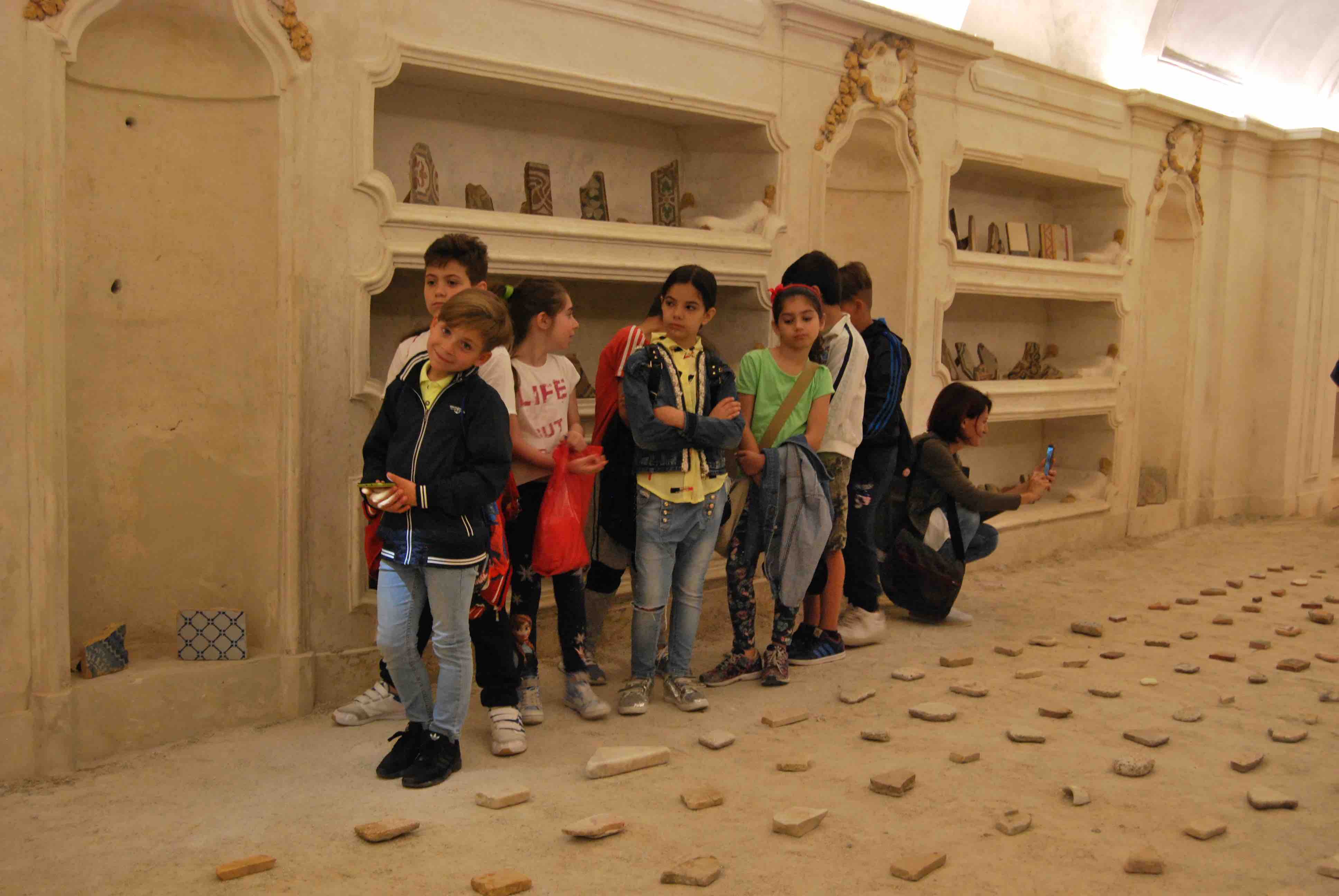If you dig, you always find the sea at the end: a contribution to the archaeology of Palermo coastline
collaboration with Valentina Mandalari
Palermo, Italy
2017
@Manifesta 12 - School in Tandem programme
The hectic and unregulated urban growth of Palermo in the aftermath of WWII, dramatically altered the historical identity of coastal neighbourhoods, basically breaking the ancient tie between the city and the sea. In those troubled years, an alliance between local politicians from the majority political party, the Democrazia Cristiana (among others, Salvatore Lima and Vito Ciancimino played a relevant role), and the mafia, literally devastated the city and its shoreline.
In If you dig, you always find the sea at the end: a contribution to the archaeology of Palermo coastline, pupils from 1D of Arenella secondary school and from 4E of primary school Sperone Pertini were involved in two parallel “archaeology-of-the contemporary” seasons along the North (Vergine Maria) and the South (Romagnolo) coasts respectively, searching for vestiges and memories witnessing the transformation of the relationship between the city and the sea. Actually, despite being geographically afar and morphologically different, both neighbourhoods share a similar urban evolution. Both have been changed from traditional fishing neighbourhoods into dysfunctional periphery, challenging the historical relationship they maintained with the sea.
Beyond the real and concrete excavation work carried out by the participants, archaeology is intended here as an allegory of an artistic research aiming at exploring the territory and the residents’ memory unearthing traces, fragments, and clues. Our historiographic work (cf. Dieter Roelstraete’s The Way of the Shovel) did not merely involve students in documenting a phase of the recent history of Palermo: our purpose was also to create “a platform for telling histories that challenge established master narratives employing art’s capacity to help us remember that which is in danger of being forgotten, glossed over, or marginalised” as Roelstraete suggests.
Special thanks to Yana Klichuk and Maria Romana Tetamo @ Manifesta 12, professors Arianna Tuttolomondo and Piero Imbrò, headmasters Giovanna Raspanti and Antonella di Bartolo, Cristina Alga and the Ecomuseo Mare Memoria Viva, Francesca Lotta, Antonino Prestigiacomo, Concetta Rita Giardina and Assunta Tarantin






